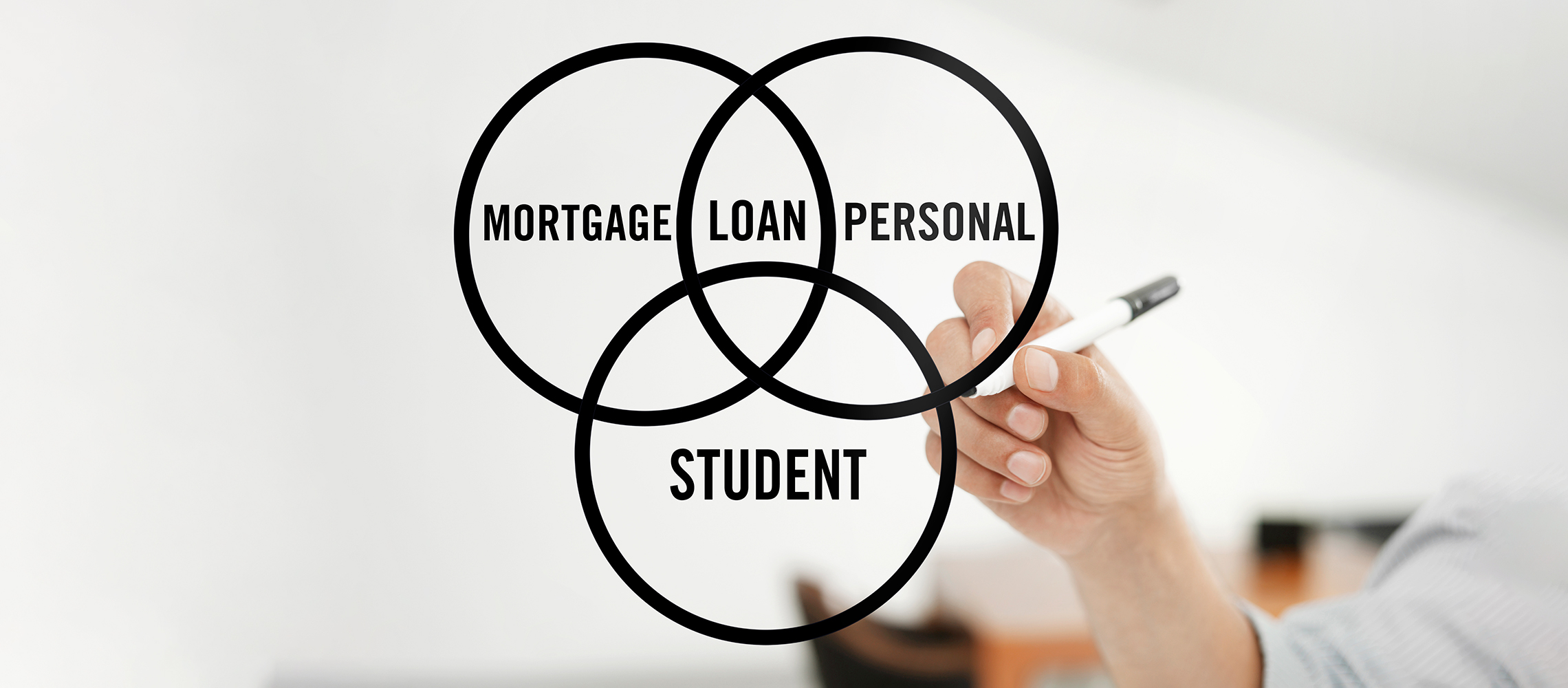What is an Installment Loan?
Reading time: 4 Minutes
September 27th, 2021
Let's be honest: Figuring out your personal finances isn't always the most exciting part of your day. In fact, learning everything you need to know about saving, investing and borrowing money can be downright confusing—sometimes even scary. To help make progress on your financial journey a little easier, here's a simple explanation for a common question you might have: What is an installment loan, and how does it work?
You're about to exit BOH.com
Links to other sites are provided as a service to you by Bank of Hawaii. These other sites are neither owned nor maintained by Bank of Hawaii. Bank of Hawaii shall not be responsible for the content and/or accuracy of any information contained in these other sites or for the personal or credit card information you provide to these sites.
Sorry, this Rate Sheet is temporarily unavailable
Please try again later. For urgent requests, contact Customer Service.





What is an installment loan?
The term installment loan may not sound familiar, but chances are you've used one at some point.
Simply put, an installment loan is any kind of loan where you borrow a set amount of money and repay the loan balance in regular installments. Those loan payments are usually due monthly, but in some special cases they could also be scheduled weekly, quarterly or even annually.
Installment loans differ from revolving debt, such as credit cards or a home equity line of credit. With revolving debt, you get access to a line of credit that you can use and repay over and over again as needed. With an installment loan, you decide how much you want to borrow up front, and then repay that amount (plus interest) once, over a set repayment schedule. If you need to borrow more money after you getting an installment loan, you'll have to apply for a new loan.
Types of installment loans
Now, you may wonder, “What is an installment loan used for?" There are several different kinds of installment loans, depending on how you plan to use the borrowed money. Here are some of the most common types.
How can I use an installment loan?
As seen above, you can use installment loans to buy a car, buy a house or pay for your education. But unsecured personal loans are installment loans you can use for virtually any purpose. Some reasons you might get an installment loan include:
Essentially, you can use a personal loan in any situation in which you need cash. And because a personal loan has a fixed repayment period and relatively low interest rates compared with a credit card, you may save more money with a personal loan than you would covering the same expense with a credit card.
How to get a personal loan
If you're interested in getting a personal loan, you'll need to apply with a lender. As part of your loan application, you'll be asked several questions about your financial situation and employment. In addition to collecting this financial information, the lender will also check your credit history and credit score to determine how likely you are to make your loan payments on time.
Taking steps to improve your credit score before applying can improve your chances of having your loan application approved. Paying down credit card balances and paying your existing debts on time can give your credit score a boost and help you qualify for a better rate.
Now you know what installment loans are, what you can use them for, and how to get one, take the next step by applying online for a Bank of Hawaii personal loan today.